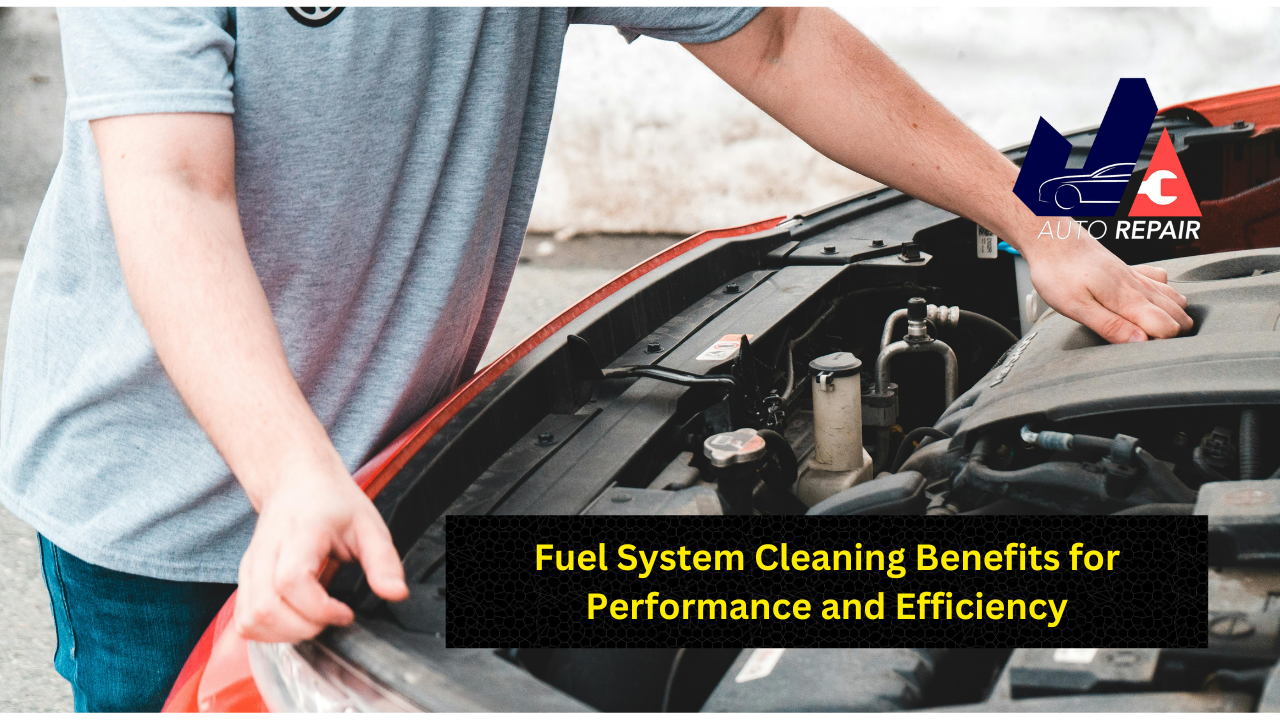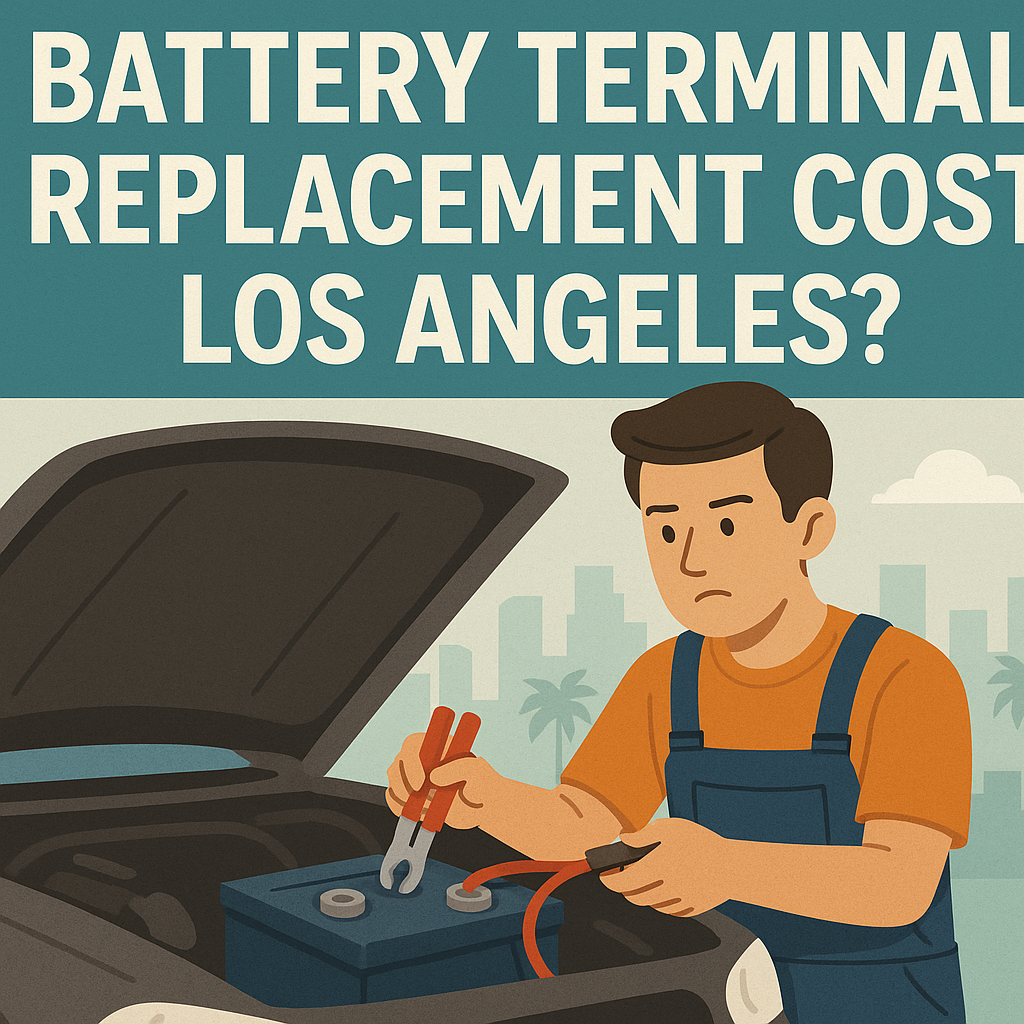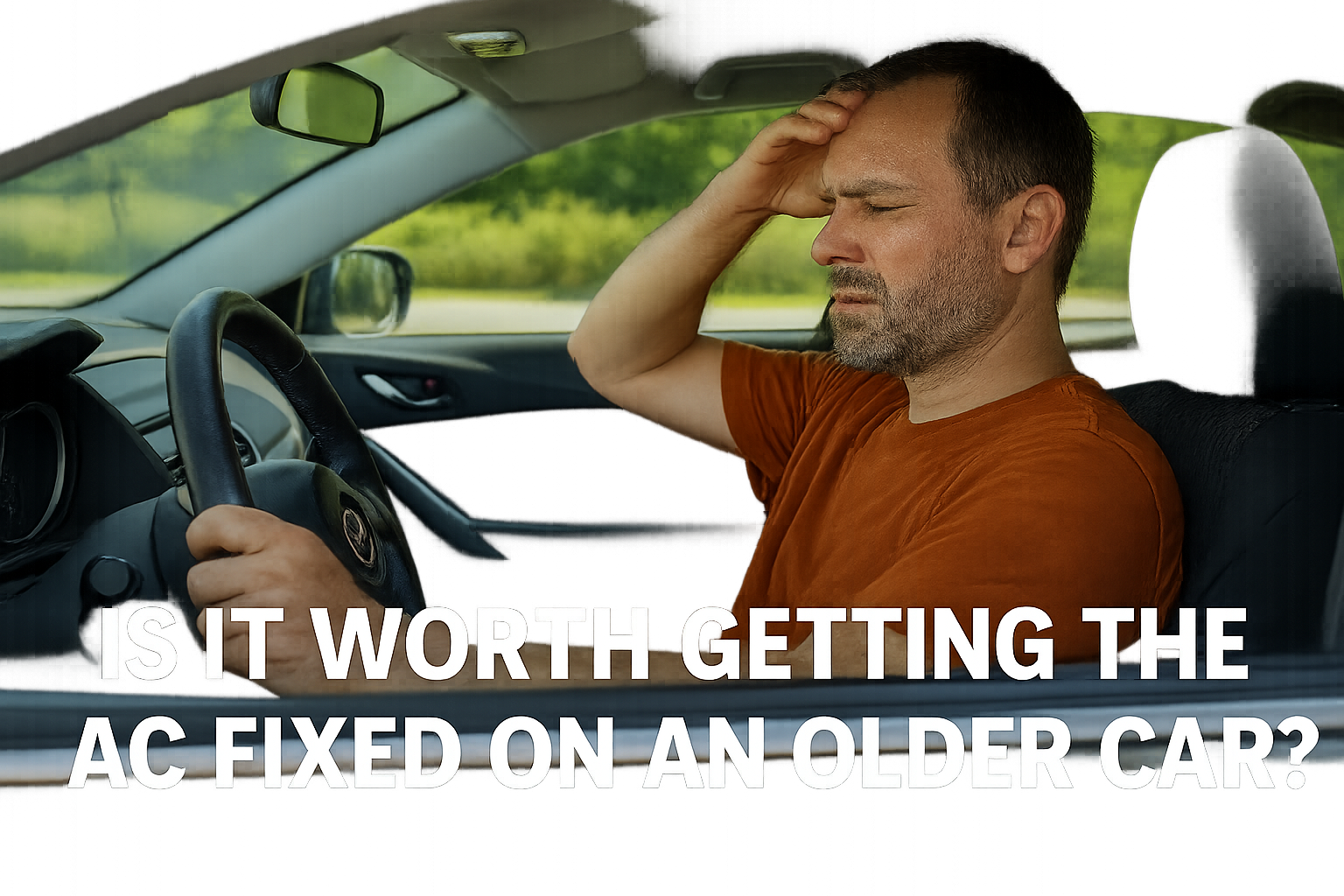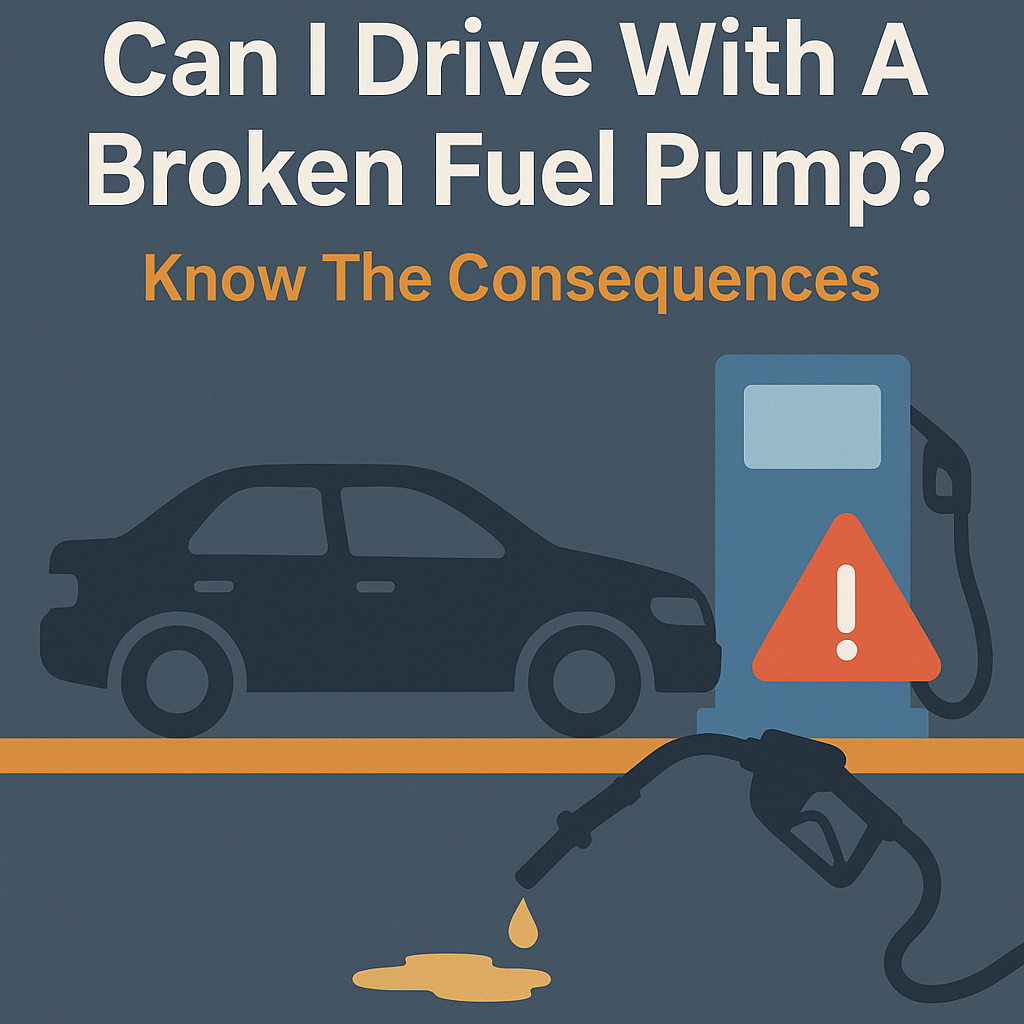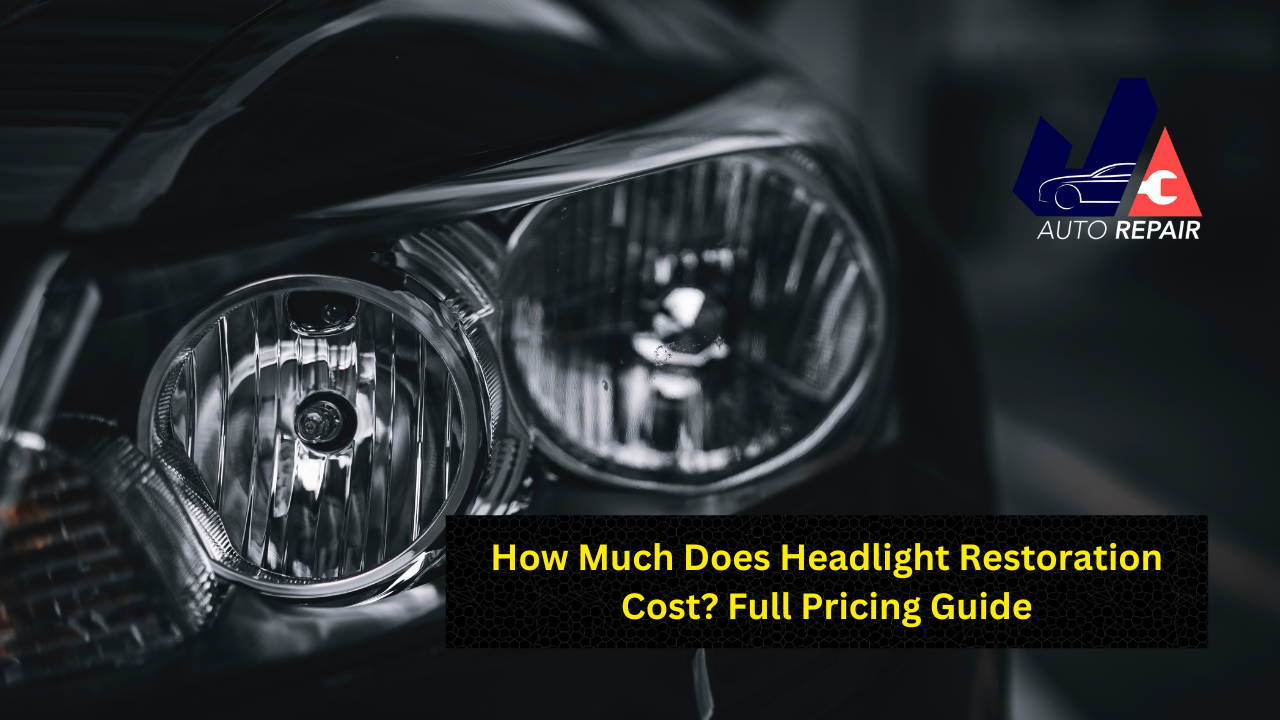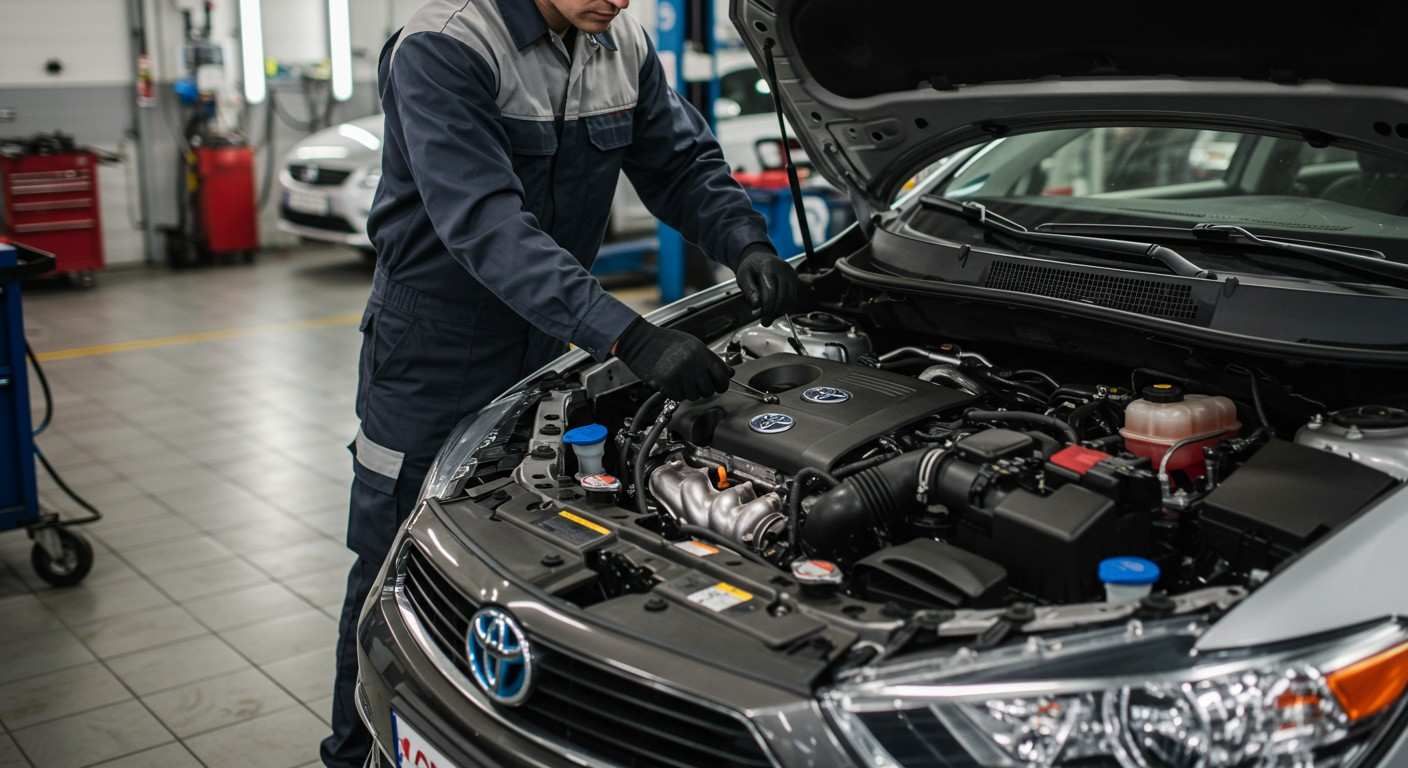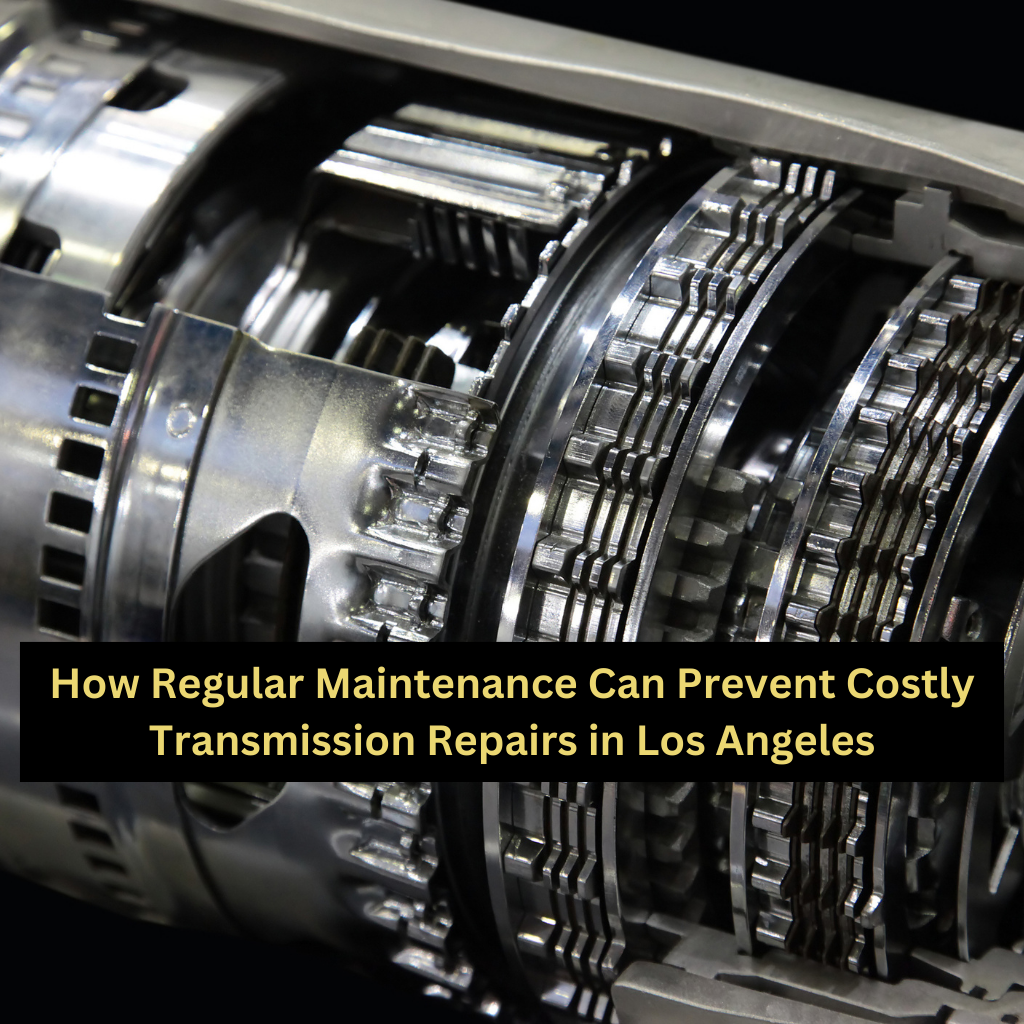Every car owner knows the frustration of turning the key and facing the dreaded silence or endless cranking of the engine.
It's a situation that raises many questions, with one of the most critical being: Can bad gas cause a car not to start?
In this comprehensive guide, we explore the impact of gasoline quality on your vehicle's performance and delve into how bad gas can indeed lead to starting problems, among other issues.
Yes, bad gas can cause a car not to start. When gasoline is contaminated or of poor quality, it may lack the necessary properties to ignite effectively, resulting in the engine failing to start. While bad gas is a potential culprit, it's important to consider other possibilities like malfunctioning spark plugs or a faulty fuel pump as well.
Can Bad Gas Cause a Car Not to Start - Quick Guide
When faced with a car that cranks but refuses to start, bad gasoline could be the problem. Contaminated or degraded gas can compromise the fuel's ability to ignite and power the engine. This happens because impurities or changes in the fuel composition prevent the engine from receiving the right mixture of air and fuel. However, it's crucial to approach this issue with a broad perspective. While bad gas is a common reason, it's not the only one. Other factors, such as defective spark plugs or issues with the fuel pump, can also lead to starting difficulties. Therefore, a comprehensive check is best to find out the exact cause of the starting problem.
JC's auto repair shop in Los Angeles understands the importance of the car in your day-to-day life and therefore offers quick repair and maintenance work on cars. We offer quality services in all types of auto repair services including but not limited to car AC repair, brake repair, and transmission repair services.
What Made Car Gas Go Bad?
Gasoline's role in your vehicle's health is similar to that of water in the human body – essential and irreplaceable. Understanding what causes gasoline to deteriorate is crucial for every car owner, as bad gas can lead to a myriad of problems, affecting both the vehicle's performance and longevity.
Causes of Gas Deterioration
Gasoline is not just a single substance but a complex blend of various hydrocarbons. Over time, these hydrocarbons can undergo chemical changes, particularly when exposed to elements like oxygen and light. This chemical reaction can lead to the development of gums and varnishes within the fuel, significantly degrading its quality and, consequently, its efficiency.
Storage Issues
The way gasoline is stored can also play a pivotal role in its deterioration. When a vehicle or a storage tank containing gasoline is left unused for extended periods, the fuel can start to degrade. In particular, ethanol-blended fuels can absorb moisture over time, leading to a phenomenon known as phase separation. This separation can drastically affect the fuel's performance capabilities.
Environmental Factors
The environment in which the gasoline is stored or used also influences its quality. Factors like extreme temperatures and high humidity levels can accelerate the degradation process. In extreme cases, this can lead to issues such as vapor lock or a decrease in the fuel’s octane rating, which can hinder the vehicle's performance.
5 Symptoms of Bad Gas in a Car
Bad gasoline can wreak havoc on your car's performance, often manifesting in subtle ways before leading to more severe problems. It's crucial to recognize these symptoms early to avoid extensive damage and costly repairs. Here are five common symptoms that indicate your car might be suffering from bad gas:
Engine Misfires and Stalls
One of the most evident signs of bad gasoline is when the engine begins to misfire or stall. This issue arises when the fuel fails to burn efficiently, causing interruptions in the engine's normal operation. These misfires can be sporadic or frequent, depending on the severity of the fuel contamination.
Reduced Fuel Economy
Another telltale sign of bad gas is a noticeable decrease in fuel economy. If you find yourself filling up the tank more often despite your regular driving habits, it could indicate that the gasoline is of poor quality. Contaminated or degraded fuel can reduce the efficiency of combustion, leading to higher fuel consumption.
Difficulty Starting the Engine
Struggling to start the engine is a primary indicator of bad gasoline. When the engine cranks but fails to start, it suggests that the fuel might not have the proper composition to ignite efficiently. This problem is especially apparent in colder conditions where the quality of gasoline is even more critical for engine start-up.
Odd Noises from the Engine
Unusual noises, such as knocking or pinging sounds coming from the engine, can be alarming. These sounds occur due to improper combustion of the fuel, often caused by low-quality or contaminated gasoline. These noises shouldn't be ignored, as they can hint at more serious issues within the engine.
Unusual Exhaust Smoke
Observing odd-colored or unusually smelly exhaust smoke is a clear indicator of fuel problems. If the exhaust emits a darker smoke or has a strong odor, it suggests that the gasoline is not burning as intended. This can be due to various factors, including contamination or the presence of impurities in the fuel.
By keeping an eye out for these symptoms, you can take timely action to address bad gasoline issues, ensuring your car runs smoothly and efficiently.
How to Deal with Bad Gas to Start the Car?
Dealing with bad gasoline is crucial to ensure your car's optimal performance and longevity.
- Diagnosing the Issue: It's important to first establish that bad gas is indeed the problem. This involves ruling out other common issues that can cause similar symptoms, such as faulty spark plugs or a defective fuel pump.
- Removing Contaminated Gas: Once bad gas is identified as the culprit, the contaminated fuel needs to be removed safely. This process might involve draining the fuel tank or diluting the existing gasoline with a fresh, higher-quality batch.
- Fuel Additives: In some situations, fuel additives can be a practical solution. These additives can help rejuvenate the quality of the gasoline and clean the fuel system, thereby improving performance.
- Preventive Measures: The best approach to dealing with bad gas is to prevent it from occurring in the first place. Regular use of your vehicle, proper storage of gasoline, and avoiding leaving fuel in the tank for prolonged periods can help maintain its quality.
- When to Seek Professional Help: If you're uncertain about the quality of your gasoline or how to address the issue, consulting a professional mechanic is always a prudent step.
Additional Considerations for Bad Gas
When considering the impact of bad gasoline on your vehicle, it's essential to think beyond the immediate inconvenience of a car that won't start. The consequences of using contaminated or poor-quality fuel can have far-reaching implications for the health and functionality of your car's engine and other critical components.
- Impact on Engine Components: The effects of bad gas extend beyond just starting issues. Over time, contaminated or poor-quality gasoline can cause wear and tear on various engine components. This can lead to more severe problems and expensive repairs, as the engine components may become clogged, corroded, or otherwise damaged.
- Seasonal Variations in Gasoline Quality: It's also important to be aware of the seasonal variations in gasoline formulations. Fuel companies often alter the blend of gasoline for winter and summer seasons to optimize performance under different temperature conditions. These changes can significantly affect how your car starts and runs, with winter blends designed to aid cold starts and summer blends to reduce evaporation and pollution.
Understanding these factors and taking appropriate steps can significantly help in maintaining your car's health and performance, ensuring a smoother and more reliable driving experience.
Summing Up
While bad gasoline is a significant factor that can prevent a car from starting, it's essential to consider the broader spectrum of potential issues. This article has highlighted the importance of maintaining high-quality fuel in your vehicle and provided insights into the symptoms and solutions related to bad gasoline. Remember, regular maintenance and awareness of your car's needs are key to ensuring its smooth operation. Whether it's diagnosing bad gas or addressing other mechanical issues, a proactive approach will keep your vehicle running efficiently and reliably.
FAQs
How can I tell if my car's starting problem is due to bad gas?
If your car has trouble starting and you notice symptoms like engine misfires, reduced fuel economy, or unusual exhaust smoke, it could indicate bad gas. These signs, especially if they appear soon after a fuel refill, suggest that the gasoline quality is affecting your engine's ability to start.
What immediate steps should I take if I suspect bad gas is causing my car not to start?
If you suspect bad gas, try adding a fuel stabilizer or octane booster to the tank, which can sometimes counteract the effects of contaminated gasoline. However, for a more reliable solution, consider having the fuel system professionally inspected and flushed.
Can bad gas damage other parts of my car apart from causing starting issues?
Yes, bad gas can damage other parts of your car. Prolonged use of contaminated fuel can lead to clogged fuel injectors, damaged catalytic converters, and wear on the fuel pump and engine, resulting in costly repairs.
How often should I replace my fuel if my car is not frequently used, to prevent gas from going bad?
For a car that's not frequently used, it's advisable to replace the fuel every 3 to 6 months. Using fuel stabilizers can also help in preserving the quality of the gasoline during periods of infrequent use.


